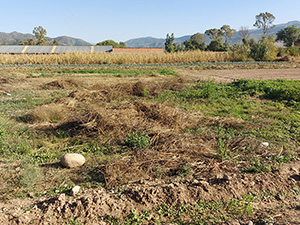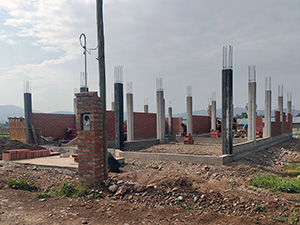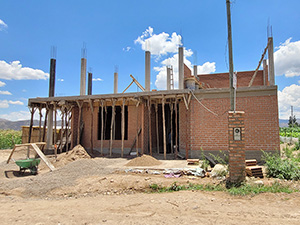
Everything we do at Compassion International is in partnership with the local church. We are convinced that this is the most effective approach in releasing children from poverty.
Since it was established in 1946, UNICEF has been a leader in researching the needs of children living in poverty and identifying effective solutions to those needs. Today, UNICEF’s research is used to shape the child development policies of governments and non-governmental organizations across the world.
In 2012, UNICEF released a report that affirmed the effectiveness of local faith-based institutions serving children in poverty. Titled “Partnering with Religious Communities for Children,” the report included the following statements of support:
- Religious communities are uniquely positioned to promote equitable outcomes for the most vulnerable children and families. Their moral influence and extensive networks give them access to the most disenfranchised and deprived groups, those that international organizations and governments are sometimes less able to reach effectively.
- Spirituality and religion can have a profound influence on children’s development and socialization and have the potential to reinforce protective influences and promote resilience.
- The beliefs, practices, social networks and resources of religion can instill hope, give meaning to difficult experiences and provide emotional, physical and spiritual support. Impact can be far-reaching when child rights efforts are grounded in the protective aspects of religious beliefs and practices in a community.
Source: UNICEF



